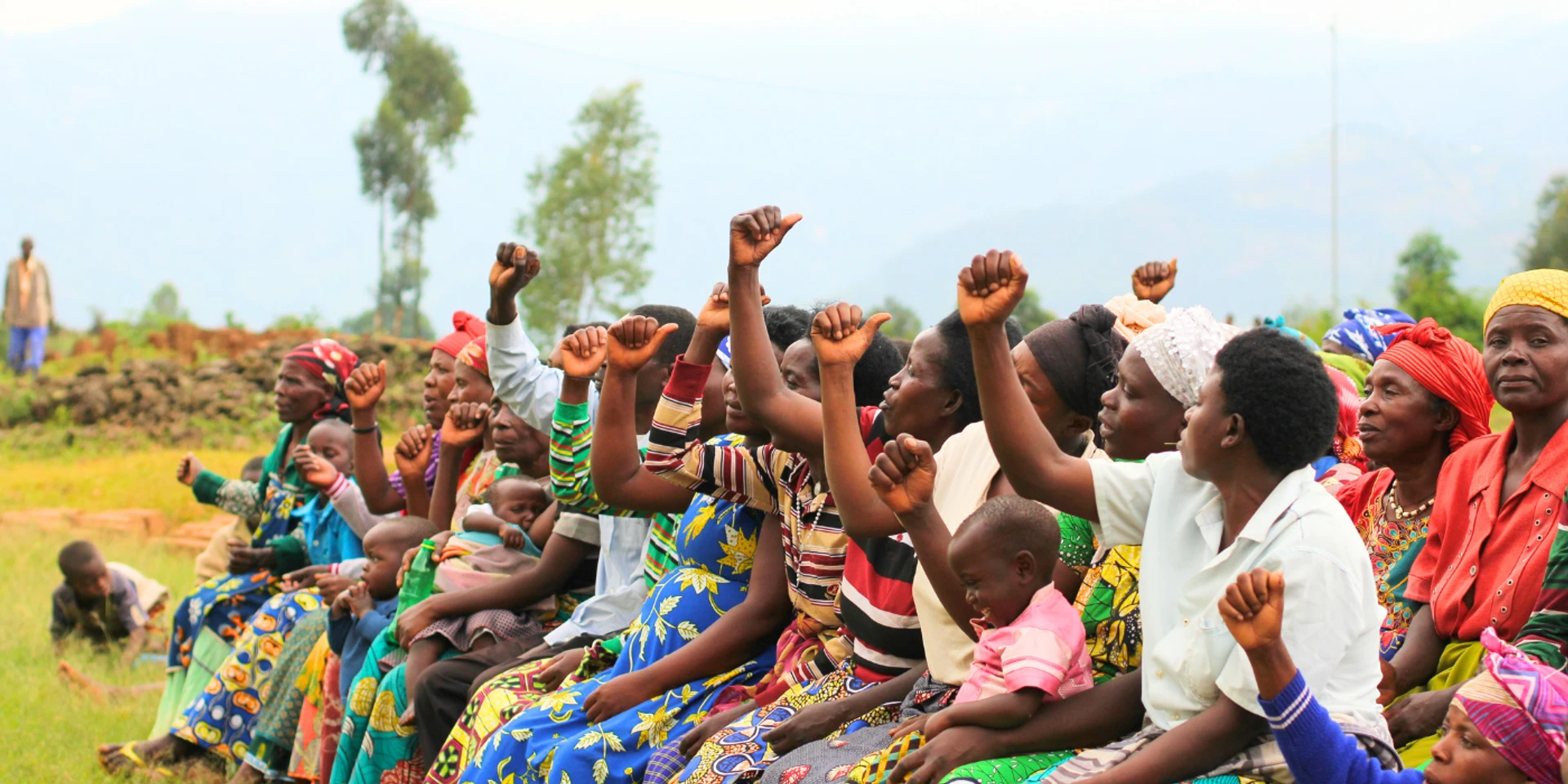Justice in transition?

Justice and accountability in northern Uganda
This project focused on justice, accountability and social order with a particular geographic focus on northern Uganda, where the legacy of the twenty-year war between the Lord’s Resistance Army rebel group and the Government of Uganda is still keenly felt.
How can we conceptualise the ethics of transitional justice in conflict-affected contexts such as northern Uganda?
Research strands
Based on long-term ethnographic fieldwork, participant observation, interviews and archival research, this project falls under two strands.
The first strand of research explored the politics and ethics of transitional justice in the absence of a substantive political transition. In particular, the project examined how different ideas and practices of justice, accountability, social order and reconciliation were promoted by a range of different public authorities, from International Criminal Court prosecutors and donors, to domestic state actors and local cultural and religious leaders, and how this connects to everyday life and ideas about accountability and social repair in northern Uganda. More broadly, the research sought to understand the socio-political dynamics of transitional justice through a public authority lens in a way that can help scholars move beyond simplistic binaries of ‘local versus international’ in debates about post-conflict accountability.
The second strand of research explored how and why engagement with rule of law institutions is regularly sought in contexts where people are deeply critical of the state. With a particular focus on citizen engagement with Gulu Magistrates’ court in northern Uganda, this research traced the lives of disputes that end up in lower state courts and how citizen experiences in the courts shape political subjectivities and ideas about statehood. This research, in collaboration with Dr Sarah-Jane Cooper-Knock (University of Edinburgh), addressed an important gap in the wider literature on law and justice across sub-Saharan Africa, namely how and why people engage with lower state courts and with what broader implications for state authority, legitimacy and ideas about justice and accountability.
Researchers

Anna Macdonald | CPAID Researcher
Dr Anna Macdonald is an Associate Professor in International Development at the University of East Anglia (UEA) and a Senior Visiting Fellow at the Firoz Lalji Institute for Africa at the LSE.
As a CPAID co-Investigator, Anna is researching the politics of transitional justice in Uganda, and in authoritarian contexts more generally; a second strand of research examines citizen engagement with rule of law institutions in contexts where people are deeply critical of the state.
Email: Anna.Macdonald@uea.ac.uk